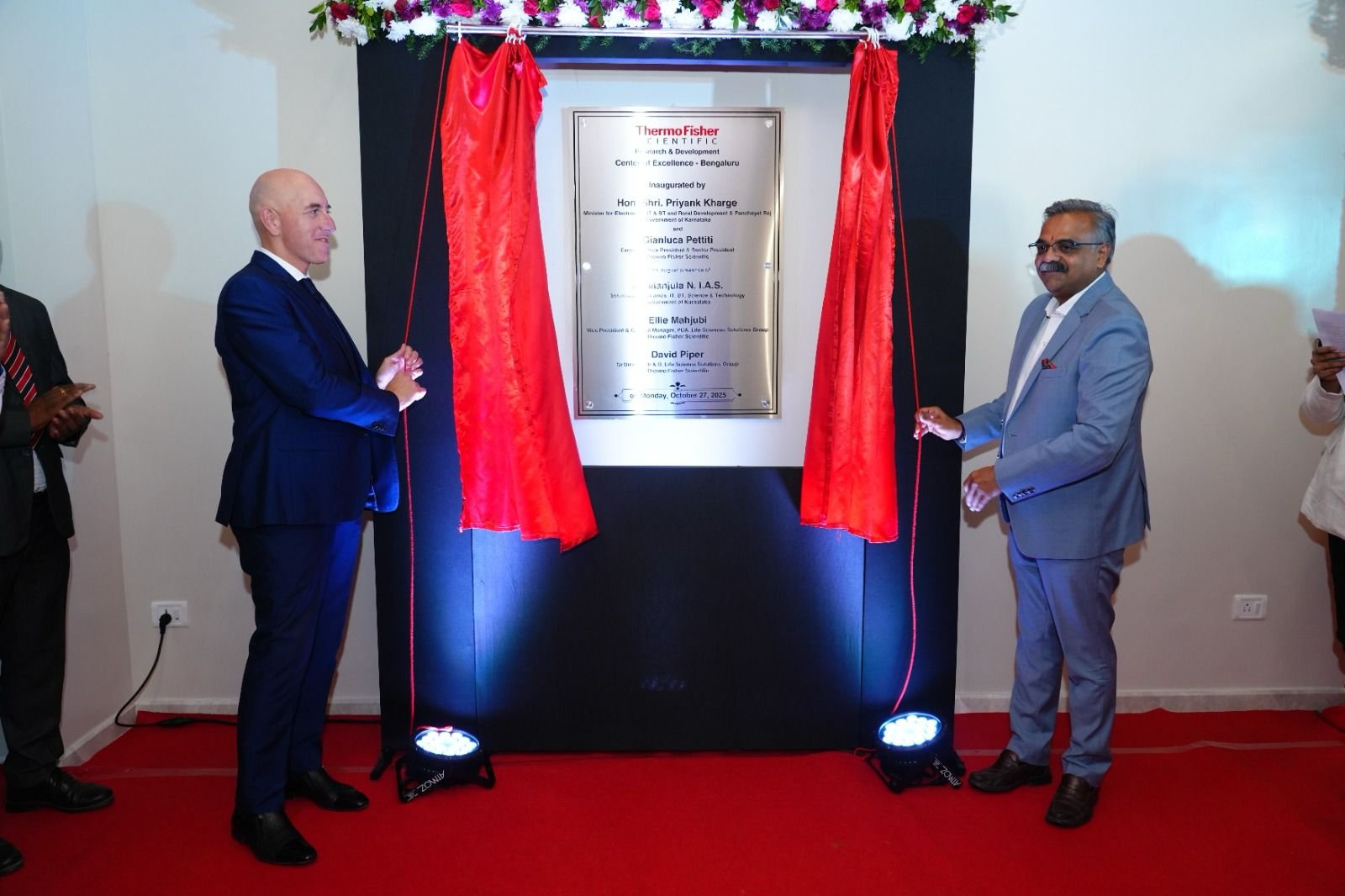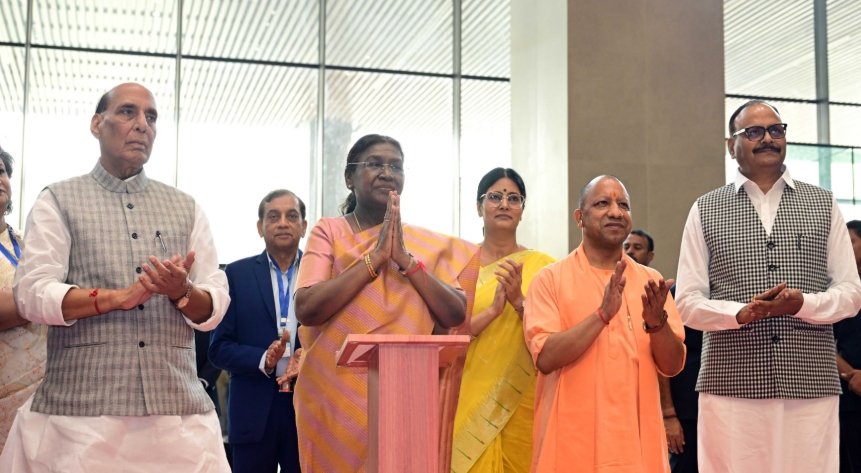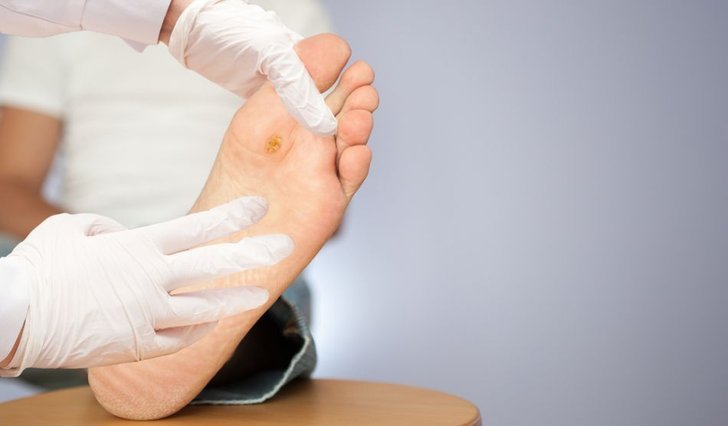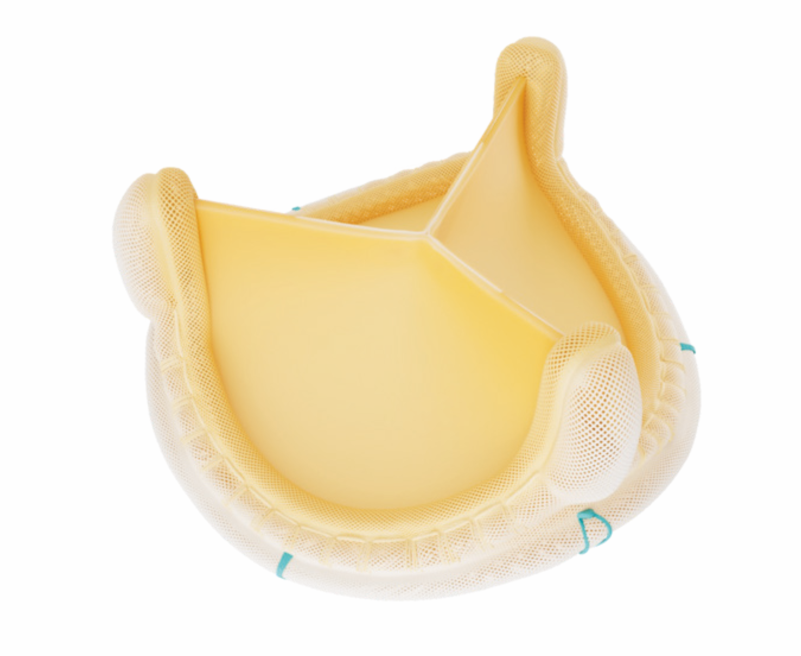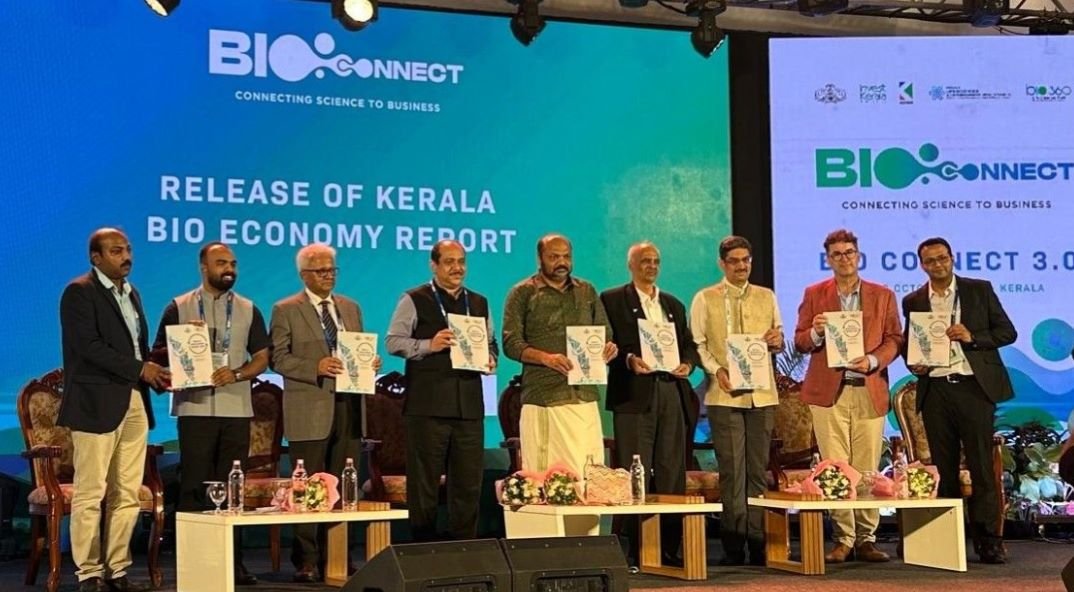Rapid, affordable test for Kala Azar
December 12, 2013 | Thursday | Features | By Rahul Koul Koul
Rapid, affordable test for Kala Azar
Rapid Visual Immunochromatographic test for qualitative detection of anti-Leishmanial antibodies in Kala-azar or Visceral Leishmaniasis by using serum or plasma.
Kala Azar is a potentially fatal disease caused by infection with various species of parasitic protozoan of genus Leishmania. Approximately 50 lakh people develop kala-azar and more than 60,000 of these die every year. Approximately 90 percent of the kala-azar cases are found in five countries viz. India, Bangladesh, Brazil, Nepal and Sudan, mostly from low socio-economic background. Conventional methods of diagnosing kala-azar are puncture of the bone-marrow or spleen which is extremely painful and dangerous. In addition to being time-consuming, the tests cannot be done in the remote areas, as the procedure requires operation theater facilities. Early and rapid detection of the disease is extremely important to initiate specific treatment and curtail the transmission of this vector borne disease. The disease is treatable if diagnosed at an early stage.
Therefore, Indian government explored the possibility of public private partnership to push for a technology that could help in early detection. As a result, an immune-chromatographic test for qualitative determination of anti-leishmanial antibodies using a patented recombinant antigen-rKE16, was developed by Dr Singh's team at AIIMS through DBT support. Surat based Span Diagnostics Ltd (SDL) was given rights on a technology named, Crystal-KA developed by the AIIMS, New Delhi for early detection of Kala Azar. Crystal KA is an in vitro screening test to diagnose visceral leishmaniasis (VL), commonly known as kala-azar (KA) using human serum or plasma.
After the transfer of technology to SDL in 2005, the company converted it into an immunochromatographic strip-test that is rapid- taking about 10 minutes; field-friendly without the requirement of refrigeration, electricity etc. so that it can be used in the remotest part of India and readable with naked eyes. The test is commercially available at an economical price of about Rs 60-70/test in comparison to the imported test that costs about Rs 120/ test.
The company has done clinical and field trials at AIIMS, New Delhi, NCDC, Delhi, and other laboratories in kala-azar endemic areas of Bihar with highest possible accuracy and reproducibility. The kit has been prepared in two different platforms, the flow through (Signal KA) and lateral flow (Crystal KA). It is the lateral flow platform that has been approved and rolled out by government of India in its National Kala-Azar control program.
Way Forward:
In September, 2012, Crystal-KA was approved and rolled out by government of India in its National Kala-Azar control program making it a landmark development in the direction of Kala-azar elimination which envisages elimination of the disease from India and Nepal by 2015.
On August 07, 2013 the DBT renewed its licensed agreement within a simple ceremony held at DBT in presence of secretary, DBT, Prof. K Vijay Ragahvan, SDL handed over the royalty cheques in the name of the AIIMS and Prof Sarman Singh, Department of Laboratory Medicine, the developer of the technology. Renewal of license agreement for another seven years between SDL, AIIMS and DBT is a welcome step and has proved that PPP model can work well.


